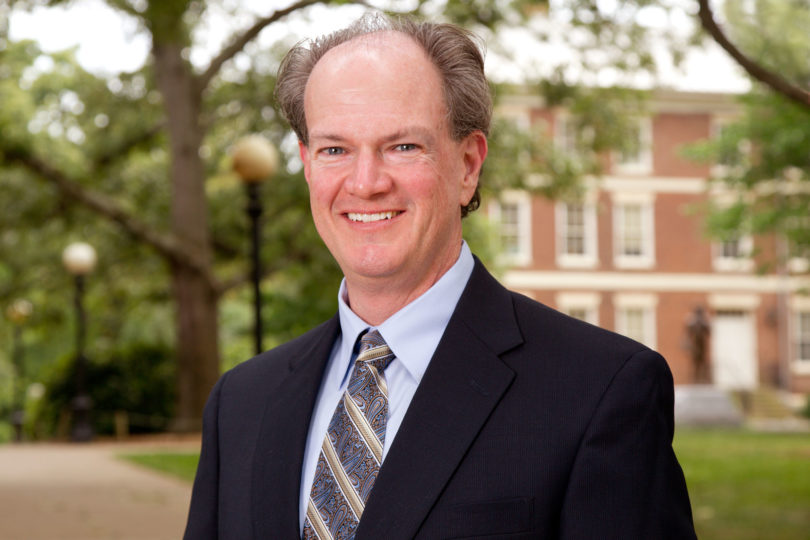Three UGA faculty members have been named Fellows of the American Association for the Advancement of Science, an honor bestowed upon them by their peers for “scientifically or socially distinguished efforts to advance science or its applications.”
These three faculty members are among 401 new AAAS Fellows who will be presented with an official certificate and a gold and blue rosette pin-representing science and engineering, respectively-Feb. 14 at the AAAS Fellows Forum during the 2015 AAAS annual meeting in San Jose, California.
“Selection as an AAAS Fellow is a major milestone in a scientist’s career, and thus the University of Georgia is enormously pleased that three of our faculty have been selected for this honor,” said David Lee, vice president for research. “This peer recognition is important to our faculty, and it also brings added distinction to the university.”
The 2014 AAAS Fellows, all in UGA’s Franklin College of Arts and Sciences, are:
• Alan T. Dorsey, dean of the Franklin College of Arts and Sciences and a professor of physics. Dorsey’s research in theoretical condensed matter physics seeks an understanding of the peculiar properties of matter subjected to extreme conditions, such as low temperatures and high magnetic fields. Such conditions reveal fundamental quantum-mechanical phenomena that lead to wholly new phases of matter, such as superconductors, superfluids and supersolids.
• David J. Garfinkel, a professor of biochemistry and molecular biology. Garfinkel’s research focuses on “jumping genes” known as transposons, which make additional copies of themselves and insert those copies throughout the genome. The Garfinkel lab has contributed to understanding the mechanism by which transposable genetic elements are mobilized, shape genome structure and function and are regulated by host factors.
• Samantha Joye, the UGA Athletic Association Professor of Arts and Sciences and a professor of marine sciences. Joye is a microbial geochemist by training, and her expertise lies in quantifying rates of microbial hydrocarbon metabolism and environmental geochemical signatures in natural environments. She has studied Gulf of Mexico natural seeps for 20 years and has tracked the environmental fate of oil and gas released from the Macondo well blowout since May 2010.








